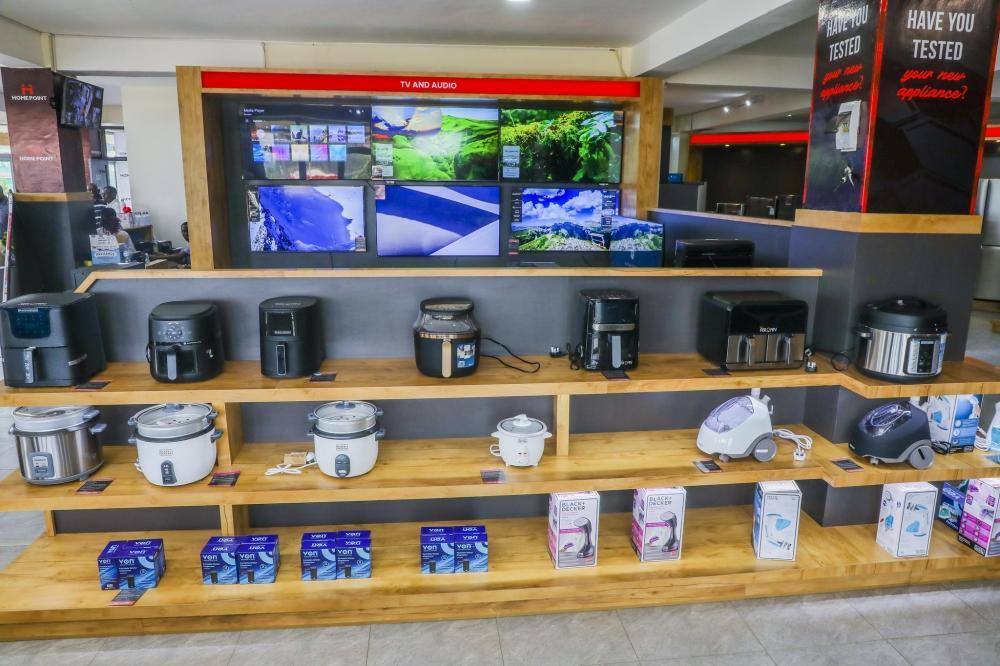Africa-Press – Rwanda. In a world obsessed with algorithms, sales funnels, and high-speed launches, it’s easy to forget a simple truth: people don’t connect with products, they connect with meaning. Across industries, from fashion and food to fintech and wellness, the rules of engagement are shifting. It’s no longer about who gets to market first or who shouts the loudest. What matters now is who connects the deepest.
Today, a product is more than its function. It’s a symbol, a story, a mirror. A phone isn’t just a communication device; it’s a lifestyle statement. A meal plan isn’t just food; it’s identity, wellness, and aspiration all in one. Even a notebook can say something about who you are and what you believe in. This shift demands that entrepreneurs, brand builders, and marketers ask a different set of questions, not just “What do we sell?” but “Why does this matter?”
The rise of emotional utility
Traditional marketing has long focused on functional utility, what a product does and how well it performs. And while those are still important, emotional utility is quickly becoming the real differentiator. Why? Because in saturated markets, the difference between one product and another is often marginal. What sets them apart is how they make people feel.
Consumers want to feel seen. They want to align with something bigger than a transaction. They want to belong. That’s why the most successful brands today are the ones that create experiences, not just sales. They tell stories that resonate. They build communities. They offer value that transcends the product itself.
From campaigns to conversations
Marketing used to revolve around campaigns – seasonal, promotional, and one-directional.
But today’s audiences expect something different. They want transparency. They want to know the people behind the brand. They want to feel like participants, not targets. Brands that embrace this shift from campaign to conversation tend to build more loyalty, more trust, and more staying power.
They’re not just broadcasting. They’re listening, learning, and evolving in real time. The result? Deeper engagement. More organic growth. And customers who don’t just buy-but advocate.
Meaning as strategy
Meaning isn’t just a nice-to-have. It’s a strategic asset.
When a product or brand carries clear, consistent meaning, it becomes easier to:
– Differentiate in a crowded market
– Command premium pricing
– Build long-term emotional equity
It also becomes more resilient. Brands with meaning can weather crises, adapt faster, and maintain relevance even as trends shift. But creating meaning isn’t accidental. It requires intention-clear values, bold positioning, and alignment across every touchpoint, from product design to customer service to social impact.
The danger of ‘tactic soup’
In the rush to stay visible, many businesses fall into what I call tactic soup. This is when you’re doing everything – posting, boosting, discounting, and collaborating, but without a central narrative to hold it all together.
Without meaning, every tactic is just noise. With meaning, every tactic builds toward something bigger. A brand that stands for something doesn’t need to do everything. It just needs to do the right things with clarity and conviction.
In Rwanda, and across East Africa, we’re witnessing a new generation of entrepreneurs and creators – young, digital-savvy, and full of potential.
I’ve worked with enough emerging brands to see this first-hand: the ones that endure are the ones rooted in purpose, not panic. But if we want to build brands that last, we must think beyond just getting a product to market. We must build with intention, empathy, and vision. Our local brands have the opportunity to define culture, shape values, and create global resonance – but only if we embrace meaning as core strategy, not just marketing fluff.
A call to builders; to the business owners, marketers, creatives, and changemakers, reading this: let’s raise the bar. Let’s create products that solve real problems, build stories that reflect who we are and who we’re becoming. Let’s stop asking only, “how do we sell more?” and start asking, “what do we stand for?” because when a product stops being just a product, it becomes something far more powerful: a platform for connection, impact, and trust.
And in the long run, those are the brands that endure.
The author is a strategic brand leader and entrepreneur focused on building purpose-driven businesses. She partners with organizations to unlock clarity, cultural relevance, and long-term impact through branding and storytelling. Her writing explores the evolving landscape of marketing, identity, and the business of meaning.
For More News And Analysis About Rwanda Follow Africa-Press






